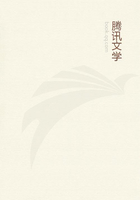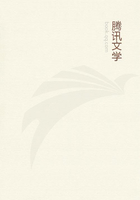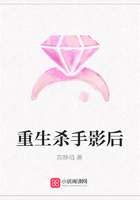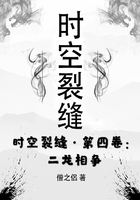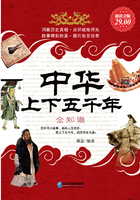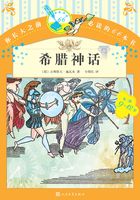We scarcely know at which end to begin to disentangle this knot of absurdities. We might ask, why it should be a greater proof of insanity in men to set a high value on rare tulips than on rare stones, which are neither more useful nor more beautiful? We might ask how it can be said that there is no limit to the production of paper money, when a man is hanged if he issues any in the name of another, and is forced to cash what he issues in his own? But Mr. Southey's error lies deeper still. "All wealth," says he, "was tangible and real till paper currency was introduced." Now, was there ever, since men emerged from a state of utter barbarism, an age in which there were no debts? Is not a debt, while the solvency of the debtor is undoubted, always reckoned as part of the wealth of the creditor? Yet is it tangible and real wealth? Does it cease to be wealth, because there is the security of a written acknowledgment for it? And what else is paper currency? Did Mr. Southey ever read a banknote? If he did, he would see that it is a written acknowledgment of a debt, and a promise to pay that debt. The promise may be violated, the debt may remain unpaid: those to whom it was due may suffer: but this is a risk not confined to cases of paper currency: it is a risk inseparable from the relation of debtor and creditor. Every man who sells goods for anything but ready money runs the risk of finding that what he considered as part of his wealth one day is nothing at all the next day. Mr. Southey refers to the picture-galleries of Holland.
The pictures were undoubtedly real and tangible possessions. But surely it might happen that a burgomaster might owe a picture-dealer a thousand guilders for a Teniers. What in this case corresponds to our paper money is not the picture, which is tangible, but the claim of the picture-dealer on his customer for the price of the picture; and this claim is not tangible. Now, would not the picture-dealer consider this claim as part of his wealth? Would not a tradesman who knew of the claim give credit to the picture-dealer the more readily on account of the claim?
The burgomaster might be ruined. If so, would not those consequences follow which, as Mr. Southey tells us, were never heard of till paper money came into use? Yesterday this claim was worth a thousand guilders. To-day what is it? The shadow of a shade.
It is true that, the more readily claims of this sort are transferred from hand to hand, the more extensive will be the injury produced by a single failure. The laws of all nations sanction, in certain cases, the transfer of rights not yet reduced into possession. Mr. Southey would scarcely wish, we should think, that all indorsements of bills and notes should be declared invalid. Yet even if this were done, the transfer of claims would imperceptibly take place, to a very great extent.
When the baker trusts the butcher, for example, he is in fact, though not in form, trusting the butcher's customers. A man who owes large bills to tradesmen, and fails to pay them, almost always produces distress through a very wide circle of people with whom he never dealt.
In short, what Mr. Southey takes for a difference in kind is only a difference of form and degree. In every society men have claims on the property of others. In every society there is a possibility that some debtors may not be able to fulfil their obligations. In every society, therefore, there is wealth which is not tangible, and which may become the shadow of a shade.
Mr. Southey then proceeds to a dissertation on the national debt, which he considers in a new and most consolatory light, as a clear addition to the income of the country.
"You can understand," says Sir Thomas, "that it constitutes a great part of the national wealth."
"So large a part," answers Montesinos, "that the interest amounted, during the prosperous times of agriculture, to as much as the rental of all the land in Great Britain; and at present to the rental of all lands, all houses, and all other fixed property put together."
The Ghost and Laureate agree that it is very desirable that there should be so secure and advantageous a deposit for wealth as the funds afford. Sir Thomas then proceeds:
"Another and far more momentous benefit must not be overlooked; the expenditure of an annual interest, equalling, as you have stated, the present rental of all fixed property."
"That expenditure," quoth Montesinos, "gives employment to half the industry in the kingdom, and feeds half the mouths. Take, indeed, the weight of the national debt from this great and complicated social machine, and the wheels must stop."
From this passage we should have been inclined to think that Mr. Southey supposes the dividends to be a free gift periodically sent down from heaven to the fundholders, as quails and manna were sent to the Israelites; were it not that he has vouchsafed, in the following question and answer, to give the public some information which, we believe, was very little needed.
"Whence comes the interest?" says Sir Thomas.
"It is raised," answers Montesinos, "by taxation."


